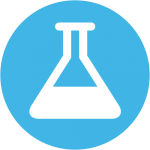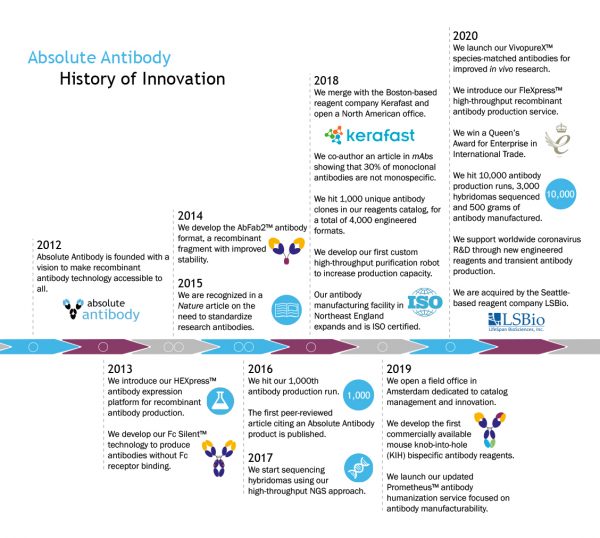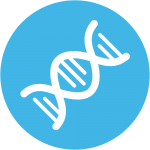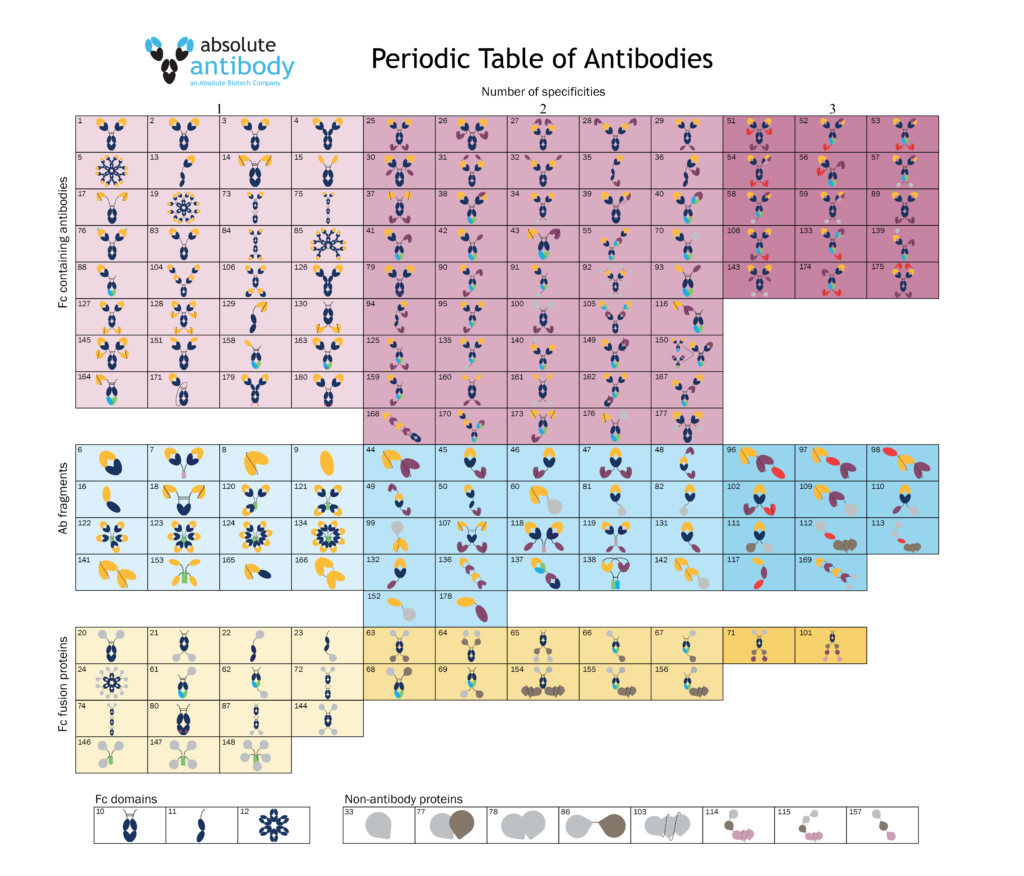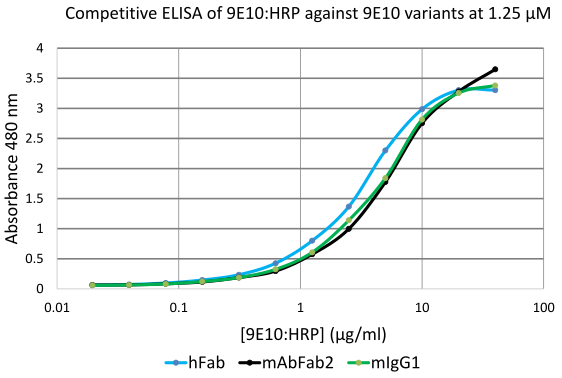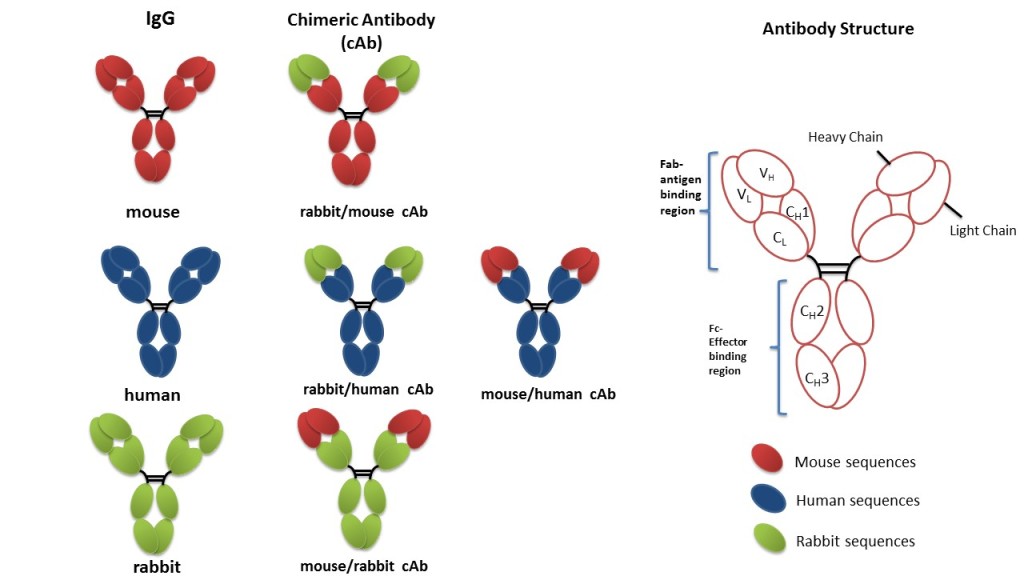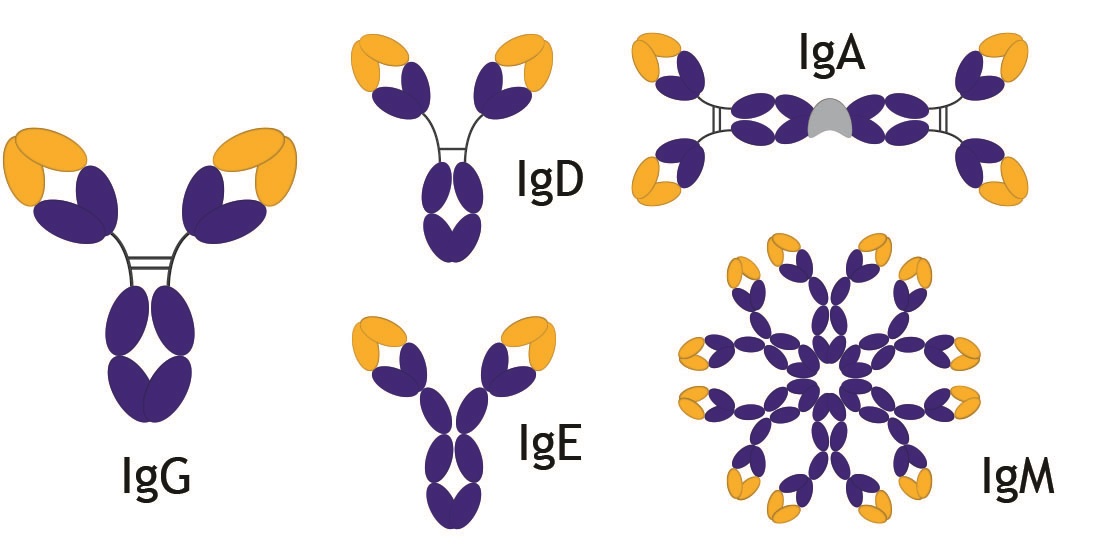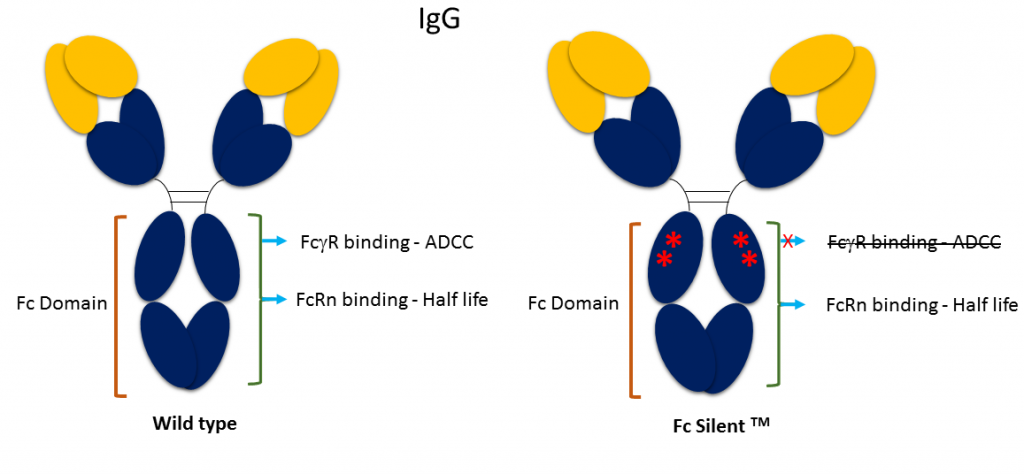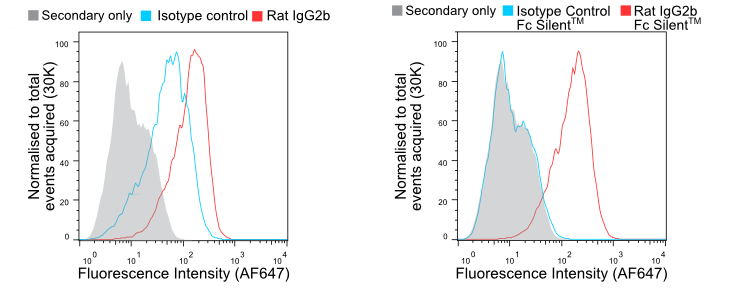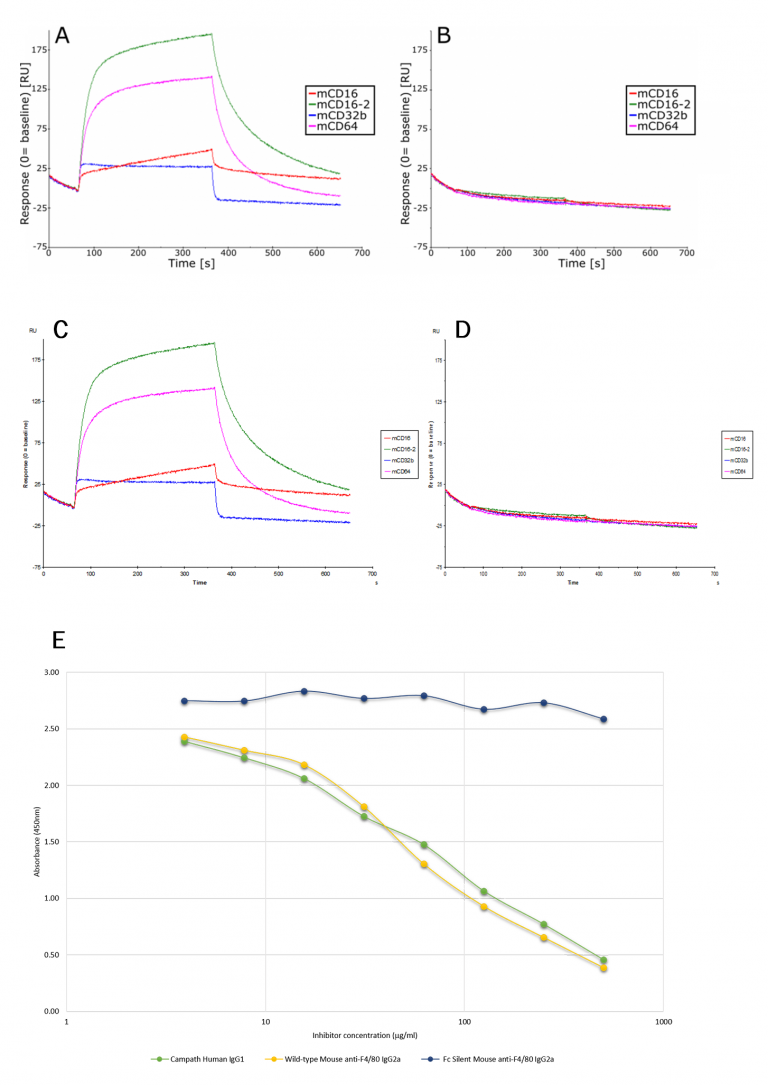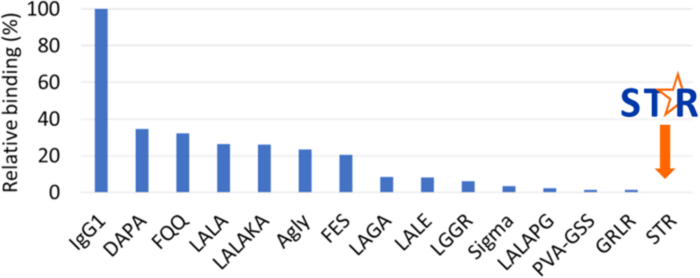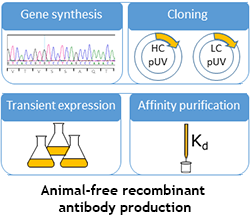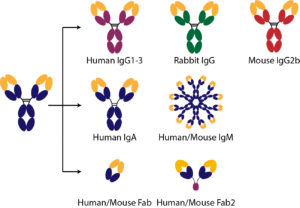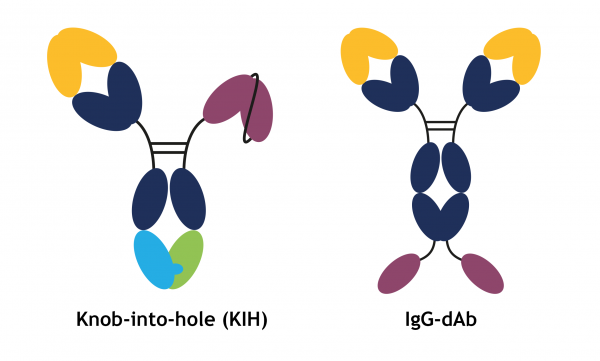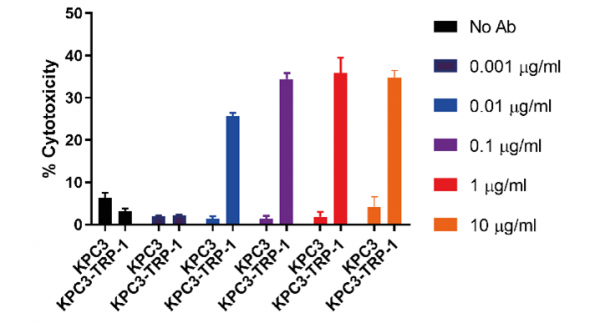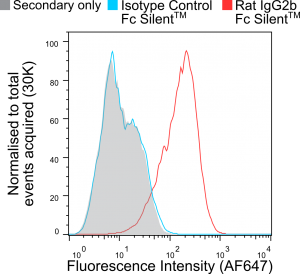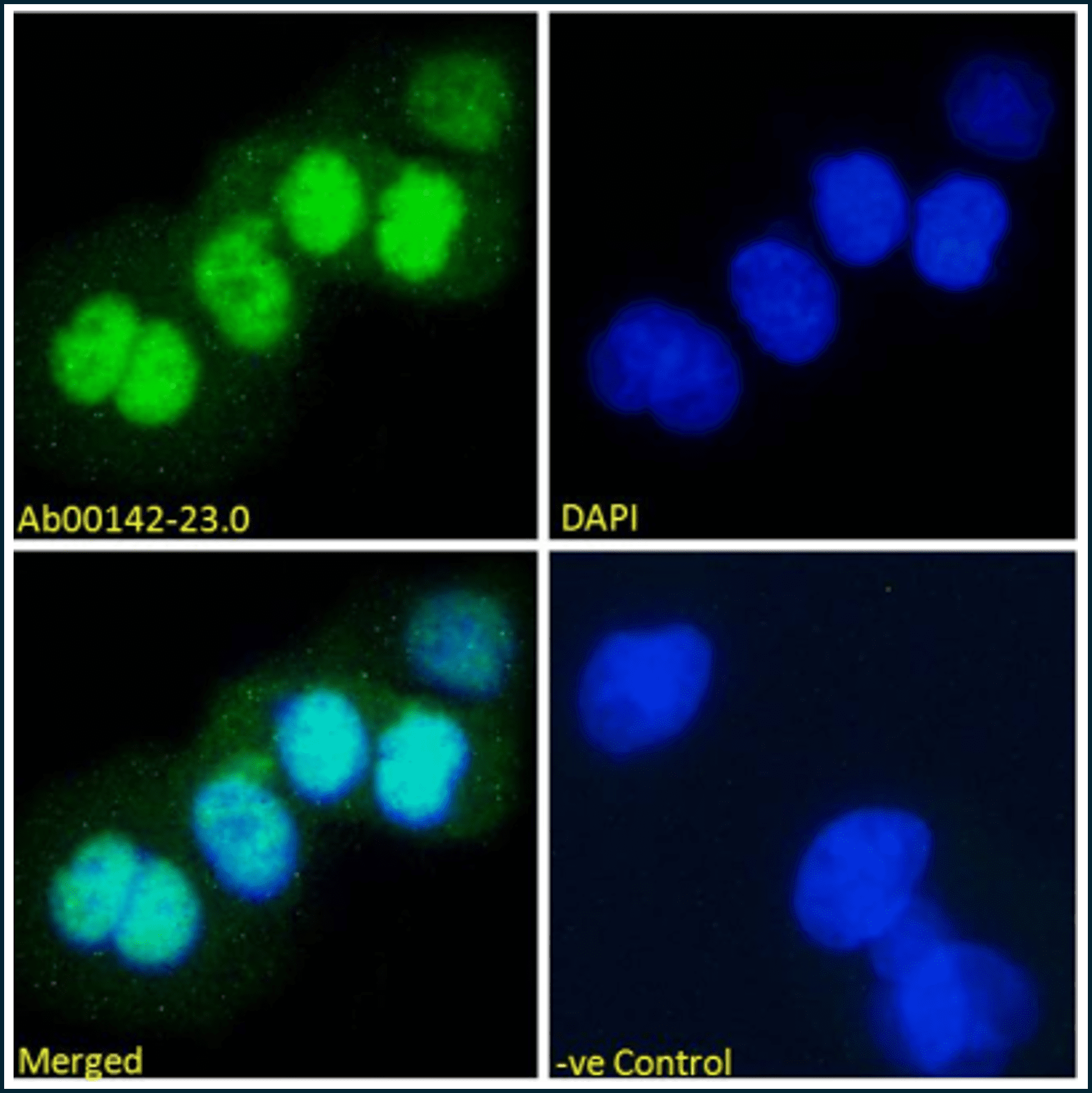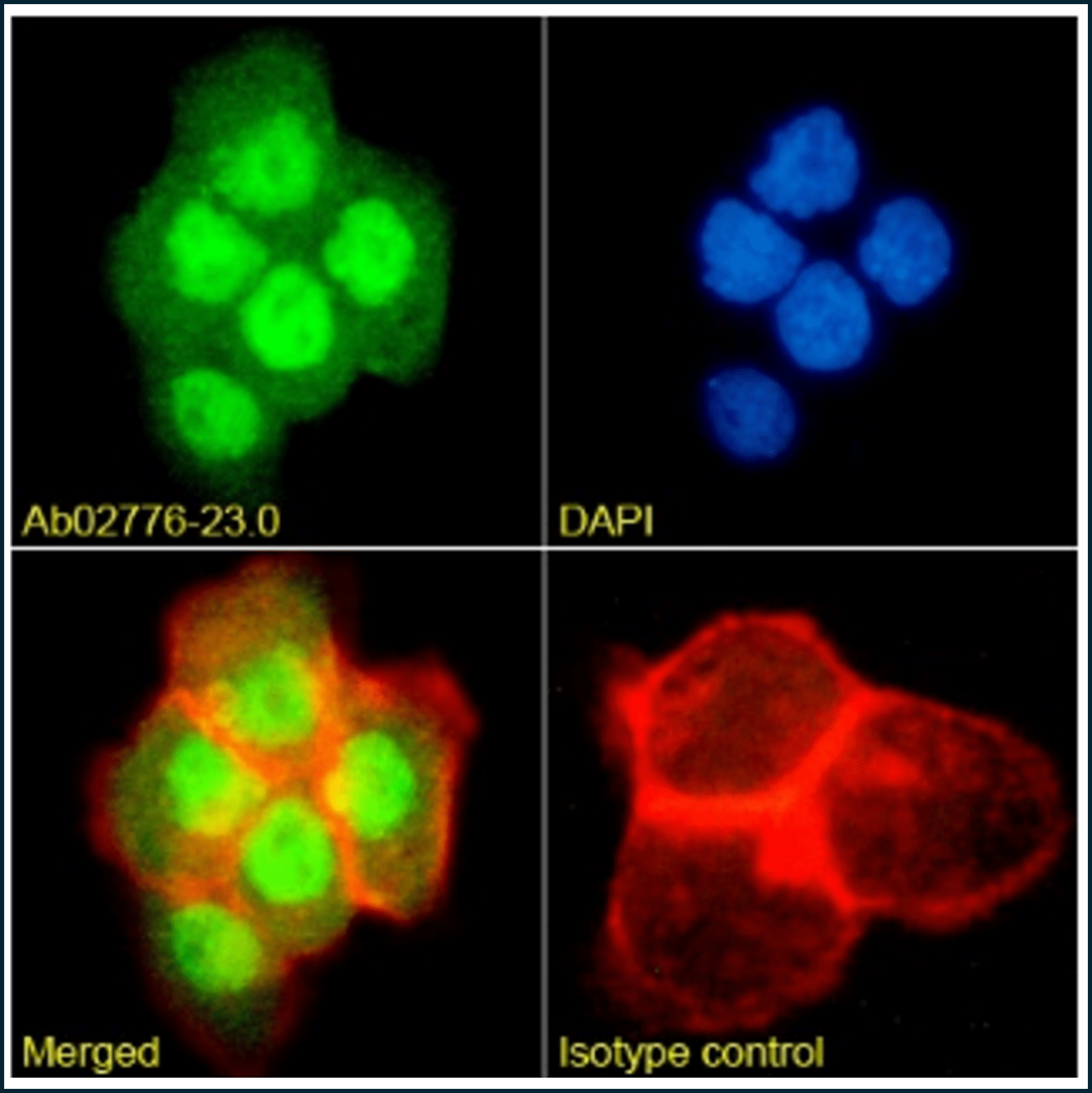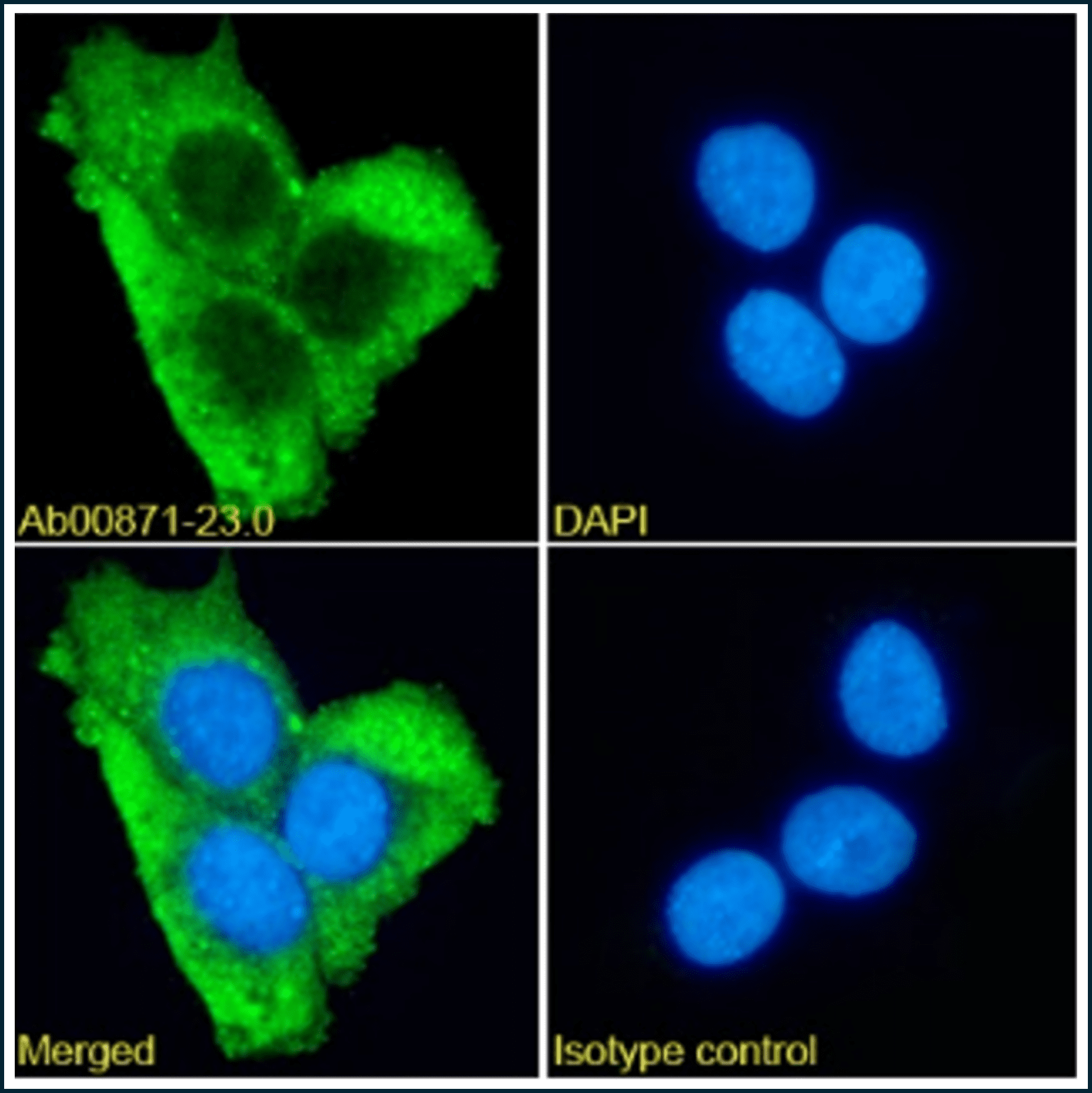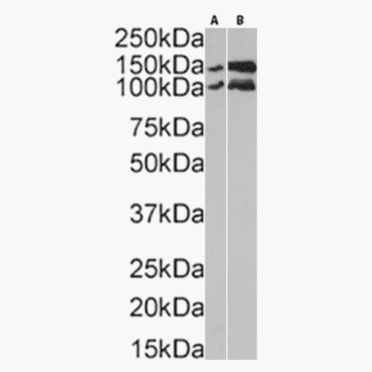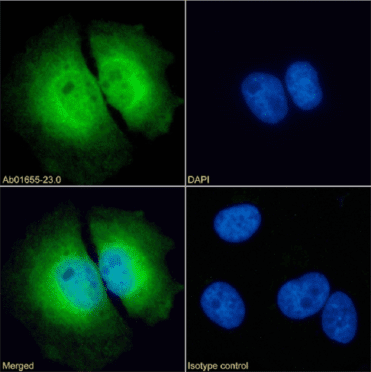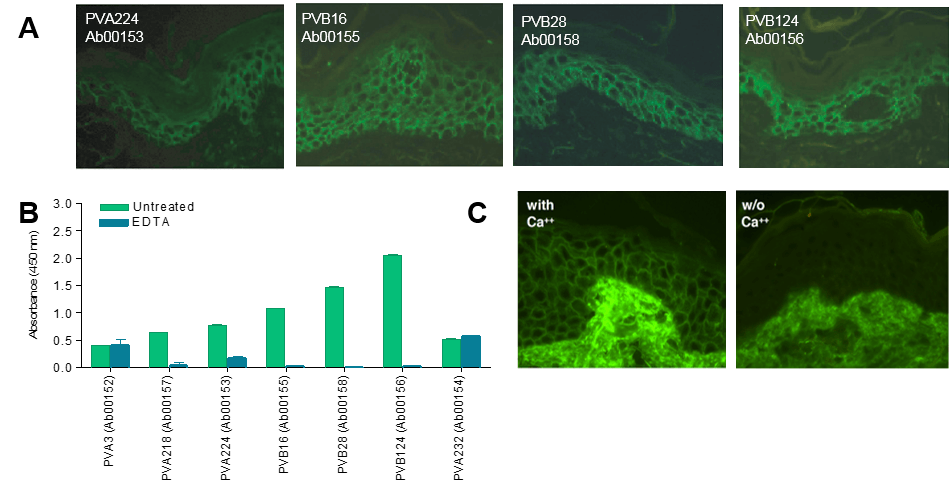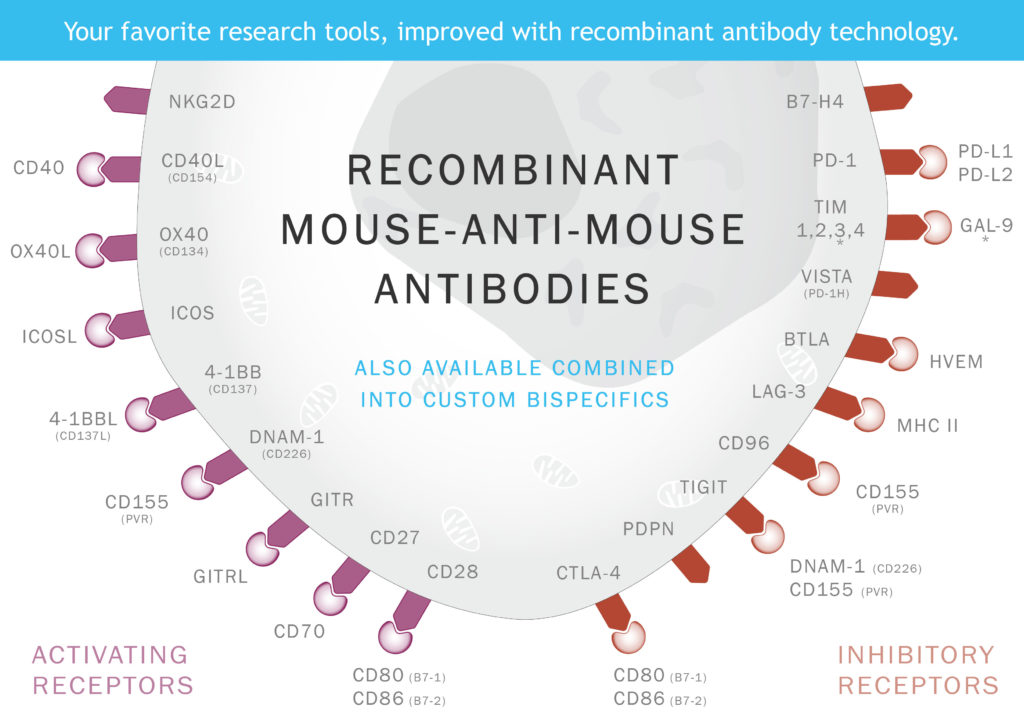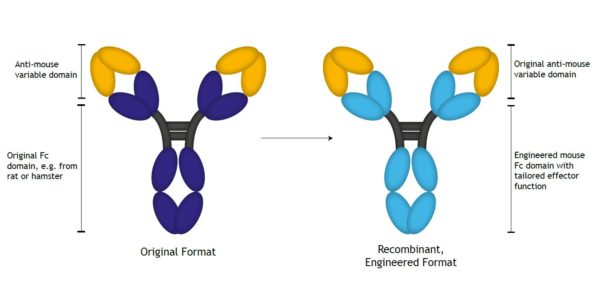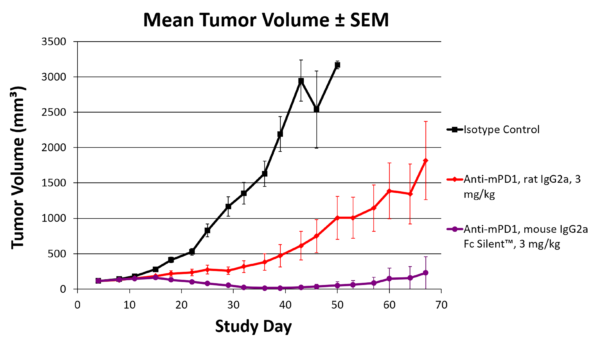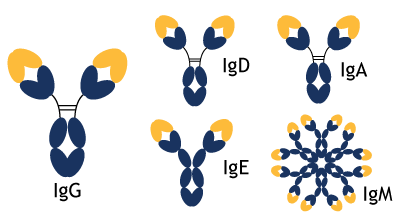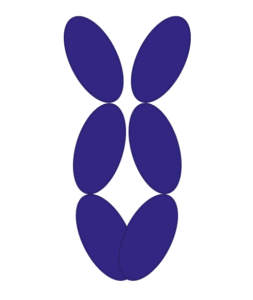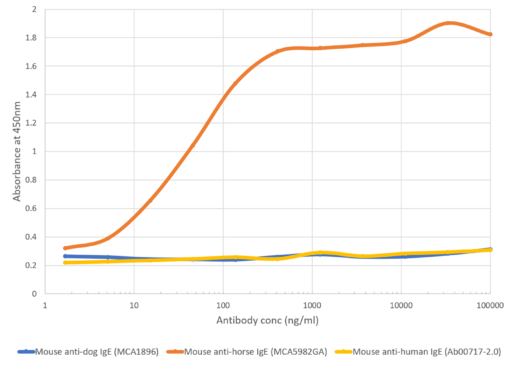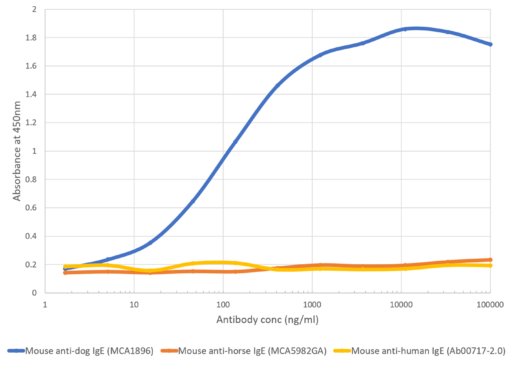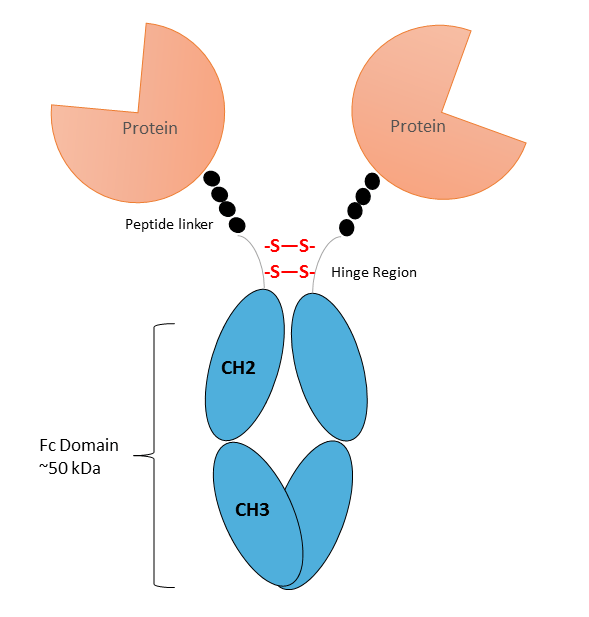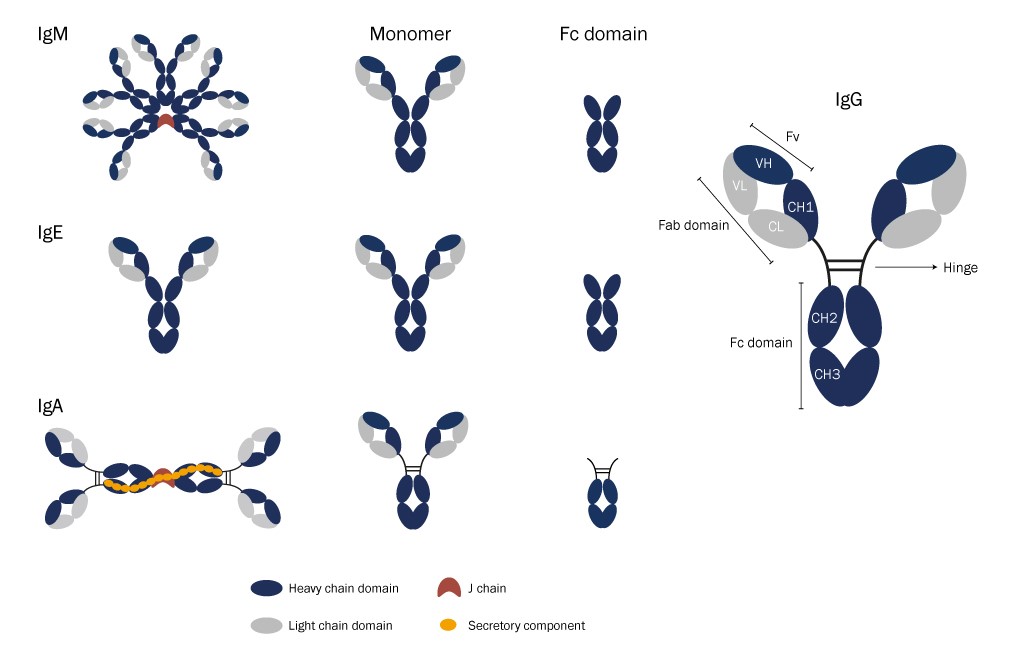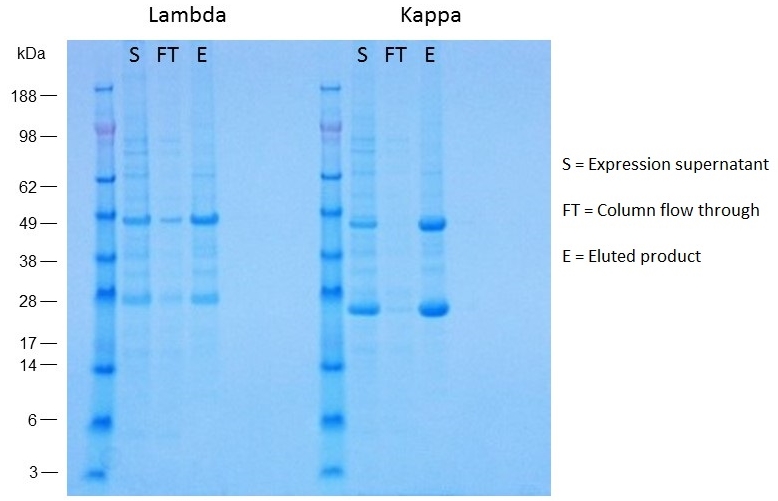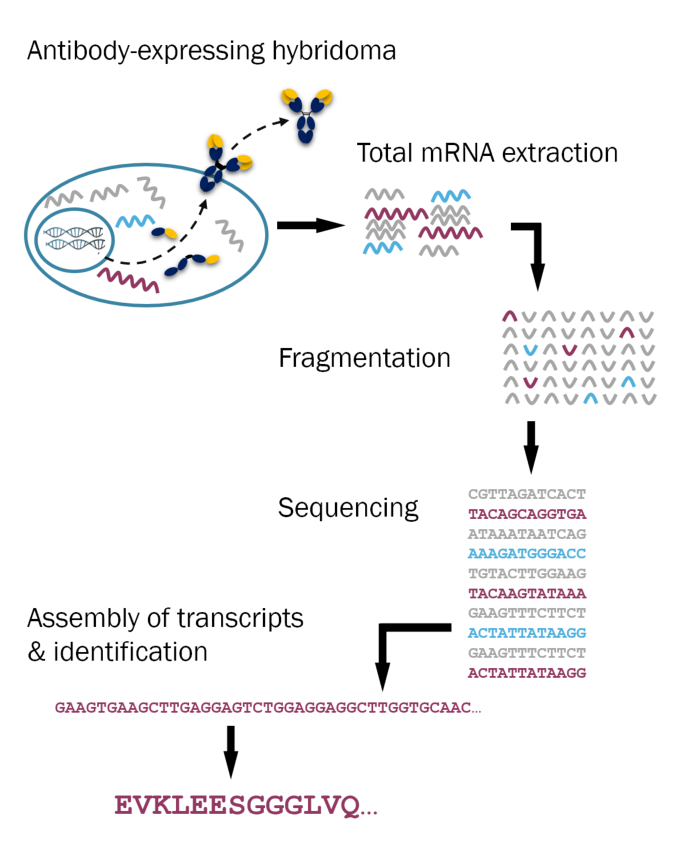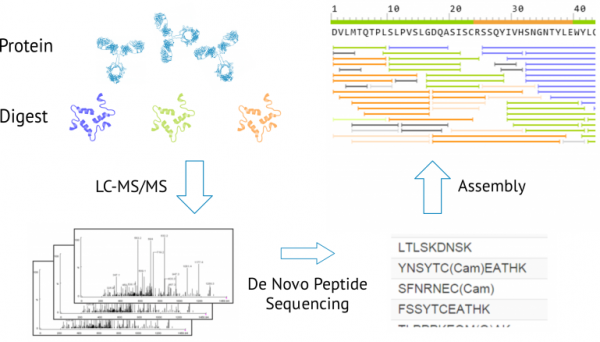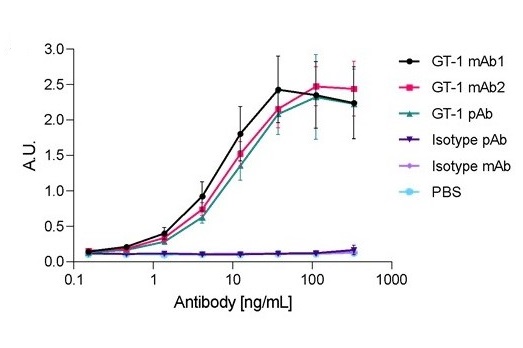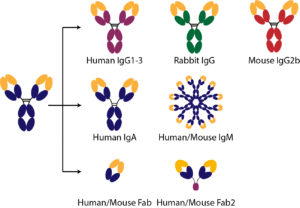| Clone Name |
Available Formats |
Applications |
| Anti-Spike Protein [CV1] |
Human IgG1, IgM, IgA, IgA1, IgA2, IgG2, IgG3, Fab fragment and Fab 2; Mouse IgG1, IgM, Fab fragment and Fab2; Rabbit IgG; Cat IgG1 and IgM; Ferret IgG1, IgM and IgA |
NTRL, ELISA, FC, Therapeutic |
| Anti-Spike Protein (RBD) [CV30] |
Human IgG1, IgM, IgA, IgA1, IgA2, IgG2, IgG3, Fab fragment and Fab 2; Mouse IgG1, IgM, Fab fragment and Fab2; Rabbit IgG; Cat IgG1 and IgM; Ferret IgG1, IgM and IgA |
NTRL, ELISA, FC, Therapeutic |
| Anti-COVID-19 & SARS-CoV S glycoprotein [CR3022] |
Human IgG1, IgM, IgG3, IgA, IgA1, Fab, Fab2, IgG2, IgG4 and IgE; Mouse IgG2b, IgM, Fab fragment and Fab2; Rabbit IgG; Cat IgM and IgG1; Ferret IgG1, IgM and IgA |
NTRL, ELISA |
| Anti-Covid-19 & SARS-CoV Nucleoprotein [CR3018 (03-018)] |
Human IgG1, IgM, IgG3, IgA, IgA1, IgGA2, Fab, Fab2 and IgG2; Mouse IgG2b, IgM, Fab fragment and Fab2; Rabbit IgG; Cat IgM and IgG1; Ferret IgG1, IgM and IgA |
ELISA, IF |
| Anti-Covid-19 & SARS-CoV Nucleoprotein [CR3009 (03-009)] |
Human IgG1, IgM, IgG3, IgA, IgA1, IgA2, Fab, Fab2 and IgG2; Mouse IgG2b, IgM, Fab fragment and Fab2; Rabbit IgG; Cat IgM and IgG1; Ferret IgG1, IgM and IgA |
ELISA, IF |
| Anti-Spike protein (RBD) [Sb#14]] |
Human IgG1, IgM, IgG3, and IgA; Mouse IgG1; Rabbit IgG; VHH |
ELISA, Blocking |
| Anti-Spike protein (RBD) [Sb#15] |
Human IgG1, IgM, IgG3, and IgA; Mouse IgG1; Rabbit IgG; VHH |
ELISA, Blocking |
| Anti-Spike protein (RBD) [Sb#16] |
Human IgG1, IgM, IgG3, and IgA; Mouse IgG1; Rabbit IgG; VHH |
ELISA, Blocking |
| Anti-Spike protein (RBD) [Sb#42] |
Human IgG1, IgM, IgG3, and IgA; Mouse IgG1; Rabbit IgG; VHH |
ELISA, Blocking |
| Anti-Spike protein (RBD) [Sb#45] |
Human IgG1, IgM, IgG3, and IgA; Mouse IgG1; Rabbit IgG; VHH |
ELISA, Blocking |
| Anti-Spike protein (RBD) [Sb#68] |
Human IgG1, IgM, IgG3, and IgA; Mouse IgG1; Rabbit IgG; VHH |
ELISA, Blocking |
| Anti-SARS-CoV S glycoprotein [S227] |
Human IgG1, Rabbit IgG |
NTRL, ELISA |
| Anti-SARS-CoV S glycoprotein [S230] |
Human IgG1, Rabbit IgG |
NTRL, ELISA |
| Anti-SARS-CoV S glycoprotein [S215] |
Human IgG1, Rabbit IgG |
NTRL, ELISA |
| Anti-SARS-CoV S glycoprotein [S109] |
Human IgG1, Rabbit IgG |
NTRL, ELISA |
| Anti-SARS-CoV S glycoprotein [S124] |
Human IgG1, IgM, IgG3, IgA1, Fab fragment and Fab2; Mouse IgG2b; Rabbit IgG |
NTRL, ELISA |
| Anti-SARS-CoV S glycoprotein [S222] |
Human IgG1, Rabbit IgG |
NTRL, ELISA |
| Anti-SARS-CoV S glycoprotein [S231] |
Human IgG1, Rabbit IgG |
NTRL, ELISA |
| Anti-SARS-CoV S glycoprotein [S228] |
Human IgG1, Rabbit IgG |
NTRL, ELISA |
| Anti-SARS-CoV S glycoprotein [S226] |
Human IgG1, Rabbit IgG |
NTRL, ELISA |
| Anti-SARS-CoV S glycoprotein [S217] |
Human IgG1, Rabbit IgG |
NTRL, ELISA |
| Anti-SARS-CoV S glycoprotein [S223] |
Human IgG1, Rabbit IgG |
NTRL, ELISA |
| Anti-SARS-CoV S glycoprotein [S110] |
Human IgG1, IgM, IgG3, IgA1, Fab fragment and Fab2; Mouse IgG2b; Rabbit IgG |
NTRL, ELISA |
| Anti-SARS-CoV S glycoprotein [S225] |
Human IgG1, Rabbit IgG |
NTRL, ELISA |
| Anti-SARS-CoV S glycoprotein [4G2] |
Human IgG, Human IgM, Mouse IgG, Mouse IgM, Rabbit IgG |
NTRL, ELISA |
| Anti-SARS-CoV S glycoprotein [5D3] |
Human IgG, Human IgM, Mouse IgG, Mouse IgM, Rabbit IgG |
NTRL, ELISA |
| Anti-SARS-CoV S glycoprotein [6B1] |
Human IgG, Human IgG2, Human IgM, Mouse IgG, Mouse IgM, Rabbit IgG |
NTRL, ELISA |
| Anti-SARS-CoV S glycoprotein [5E4] |
Human IgG, Human IgM, Mouse IgG, Mouse IgM, Rabbit IgG |
NTRL, ELISA |
| Anti-SARS-CoV S glycoprotein [1B5] |
Human IgG, Human IgM, Mouse IgG, Mouse IgM, Rabbit IgG |
NTRL, ELISA |
| Anti-SARS-CoV S glycoprotein [4D4] |
Human IgG, Human IgM, Mouse IgG, Mouse IgM, Rabbit IgG |
NTRL, ELISA |
| Anti-SARS-CoV S glycoprotein [11A] |
Human IgG, Human IgM, Mouse IgG, Mouse IgM, Rabbit IgG |
NTRL, ELISA |
| Anti-SARS-CoV S glycoprotein [256] |
Human IgG, Human IgM, Mouse IgG, Mouse IgM, Rabbit IgG |
NTRL, ELISA |
| Anti-SARS-CoV S glycoprotein [A11] |
Human IgG1, Human IgM, Mouse IgG, Mouse IgG2b, Mouse IgM, Rabbit IgG, scFv fragment |
ELISA, IF, WB |
| Anti-SARS-CoV S glycoprotein [F26G9] |
Human IgG, Human IgM, Mouse IgG, Mouse IgM, Rabbit IgG |
NTRL, ELISA, IF |
| Anti-SARS-CoV S glycoprotein [F26G10] |
Human IgG, Human IgM, Mouse IgG, Mouse IgM, Rabbit IgG |
NTRL, ELISA, IF |
| Anti-SARS-CoV S glycoprotein [F26G19] |
Human IgG, Human IgM, Mouse IgG, Mouse IgM, Rabbit IgG |
NTRL, ELISA, IF, WB |
| Anti-MERS-CoV Spike Protein [D12] |
Mouse IgG1, Rabbit IgG1 |
NTRL, ELISA, IF |
| Anti-MERS-CoV Spike Protein [4c2] |
Mouse IgG1, Rabbit IgG1 |
NTRL, ELISA |
| Anti-MERS-CoV Spike Protein [3B12] |
Human IgG, Human IgM, Mouse IgG, Mouse IgM, Rabbit IgG |
NTRL |
| Anti-MERS-CoV Spike Protein [M14D3] |
Human IgG1, Human IgM, Mouse IgG1, Mouse IgM, Mouse IgG2b, Rabbit IgG |
NTRL |
| Anti-MERS-CoV Spike Protein [1F8] |
Human IgG, Human IgM, Mouse IgG, Mouse IgM, Rabbit IgG |
NTRL |
| Anti-MERS-CoV Spike Protein [3A1] |
Human IgG, Human IgM, Mouse IgG, Mouse IgM, Rabbit IgG |
NTRL |
| Anti-Bovine coronavirus [SF-3E4] |
Mouse IgG1, Rabbit IgG1 |
NTRL, ELISA, WB |
| Anti-SARS-CoV-2 and SARS-CoV nucleocapsid [mBG17] |
Human IgG1, IgG2, IgG3, IgE, IgM, IgA1, Fab fragment and Fab2; Mouse IgG1, IgG2b, IgM, Fab fragment and Fab2; Rabbit IgG; Ferret IgG1, IgM and IgA; Cat IgG1 and IgM |
WB, ELISA, IF |
| Anti-SARS-CoV-2 nucleocapsid [mBG86] |
Human IgG1, IgG2, IgG3, IgM, IgA1, Fab fragment and Fab2; Mouse IgG1, IgA, IgM, IgG2b, Fab fragment and Fab2; Rabbit IgG; Ferret IgG1, IgM and IgA; Cat IgG1 and IgM |
WB, ELISA, IF |
| Anti-Spike protein [EY6A] |
Human IgG1, IgG2, IgA1, IgM, Fab fragment and Fab2; Mouse IgG2b and IgM; Rabbit IgG |
NTRL, Surface Plasmon Resonance, therapeutic, ELISA, IF |
| Anti-Spike protein [SR4] |
Human IgG1, IgM, IgG3, and IgA; Mouse IgG1; Rabbit IgG; VHH |
Biolayer interferometry, FACS, NTRL, therapeutic, ELISA |
| Anti-Spike protein [MR3] |
Human IgG1, IgM, IgG3, and IgA; Mouse IgG1; Rabbit IgG; VHH |
Biolayer interferometry, FACS, NTRL, therapeutic, ELISA |
| Anti-Spike protein [Sb23] |
Human IgG1, IgM, IgG3, and IgA; Mouse IgG1; Rabbit IgG; VHH |
Biolayer interferometry, NTRL, ELISA |
| Anti-Covid-19 & SARS-CoV Nucleocapsid [1C7C7] |
Human IgG1, IgM, IgA1, IgG2 and IgG4-S228P; Mouse IgG1, IgG2a, IgM, Fab fragment and Fab2; Rabbit IgG; Ferret IgG1, IgM and IgA; Cat IgG1 and IgM |
WB, ELISA, FC, IHC |
| Anti-Spike protein [Ty1] |
Human IgG1, IgM, IgG3, and IgA; Mouse IgG1; Rabbit IgG; VHH |
Biolayer interferometry, inhibit, NTRL, ELISA, FC, IF |
| Anti-Spike protein [MR17] |
Human IgG1, IgM, IgG3, and IgA; Mouse IgG1; Rabbit IgG; VHH |
Biolayer interferometry, FACS, NTRL, therapeutic, ELISA |

